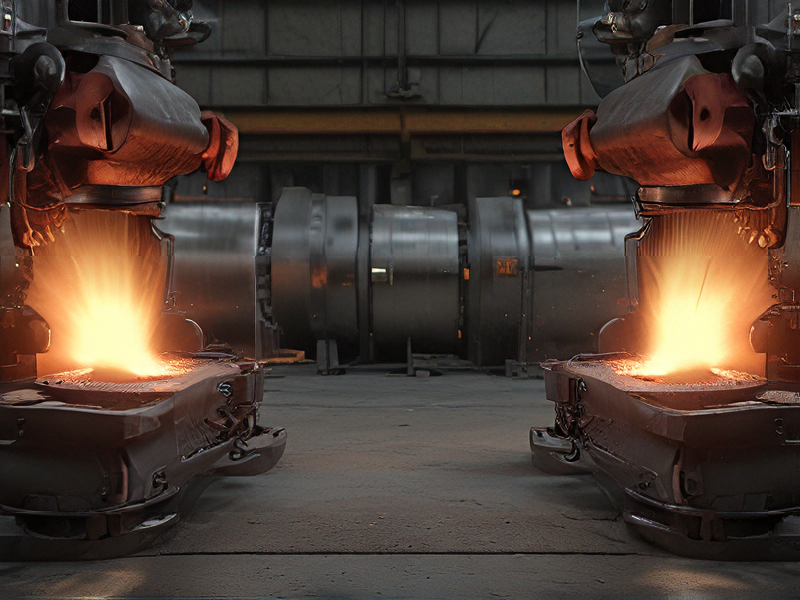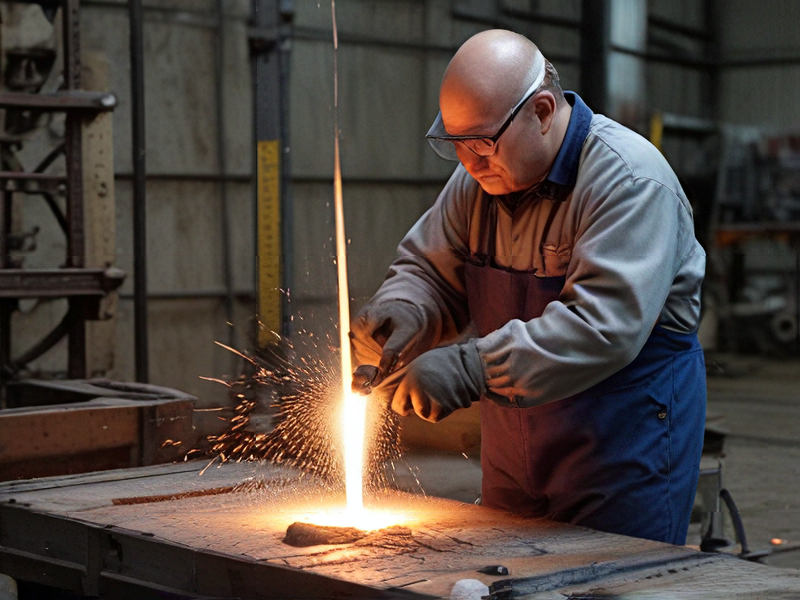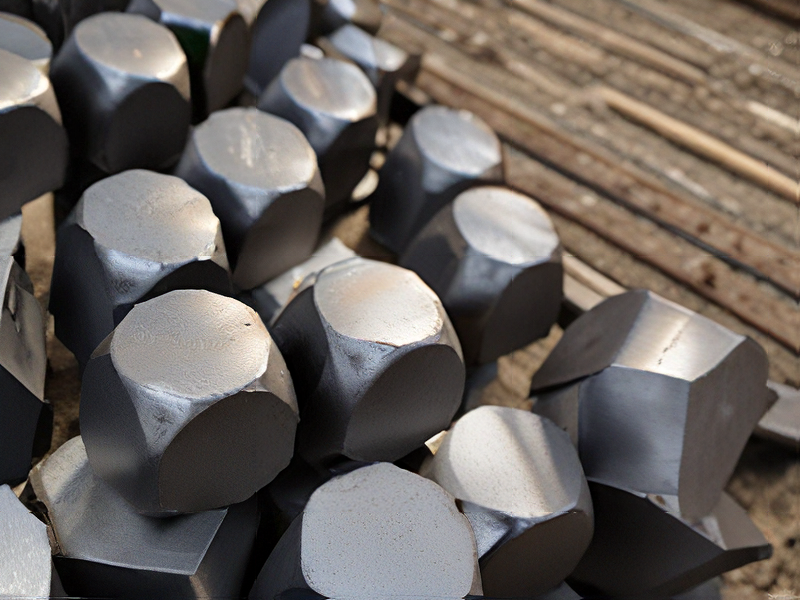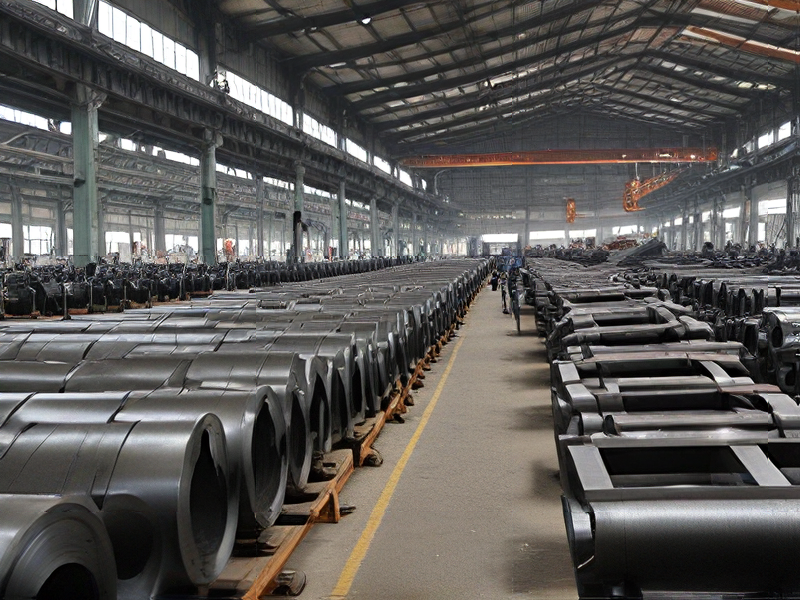Technology and Applications of foundry metal
Foundry metals, primarily involving casting processes, are fundamental to manufacturing a variety of components. The technology and applications of foundry metal include several critical aspects:
Technology
1. Casting Processes: Metal casting involves pouring molten metal into molds to shape objects. Key processes include:
– Sand Casting: Uses sand molds, suitable for large and complex parts.
– Die Casting: Utilizes reusable metal molds (dies), ideal for high-volume production of small to medium-sized parts.
– Investment Casting: Involves creating a wax model covered in ceramic, used for intricate and precise components.
– Permanent Mold Casting: Employs reusable molds, offering good dimensional accuracy and surface finish.
2. Materials: Common foundry metals include:
– Iron and Steel: Widely used in construction, automotive, and machinery.
– Aluminum: Preferred for its lightweight and corrosion resistance, used in aerospace and automotive industries.
– Copper Alloys: Known for electrical conductivity and thermal properties, used in plumbing and electrical applications.
– Magnesium and Zinc: Used in die casting for automotive and electronics due to their light weight and strength.
3. Modern Techniques:
– 3D Printing: Enhances the creation of complex molds and prototypes.
– Simulation Software: Improves the accuracy of casting processes, reducing defects and material waste.
– Robotics and Automation: Increases efficiency and safety in foundries by automating repetitive tasks.
Applications
1. Automotive Industry: Foundry metals are critical for engine blocks, transmission housings, and other automotive components.
2. Aerospace: Components like turbine blades, structural parts, and engine components are made using high-precision casting methods.
3. Construction: Structural steel and cast iron are essential in building frames, bridges, and infrastructure.
4. Consumer Goods: Various household items, from cookware to decorative pieces, are produced using metal casting techniques.
5. Energy Sector: Foundry metals are used in the production of wind turbines, oil rigs, and power plant components.
In summary, foundry metal technology combines traditional methods with modern advancements to produce critical components across numerous industries, ensuring high quality and efficiency.

Quality Testing Methods for foundry metal and how to control quality
Quality testing in foundries is crucial for ensuring reliable and durable metal castings. Here are some common methods and control measures:
Testing Methods:
* Visual Inspection: Examining castings for surface defects like cracks, porosity, and inclusions.
* Dimensional Inspection: Measuring castings against blueprints to verify size and shape accuracy.
* Hardness Testing: Determining the material’s resistance to indentation, indicating its strength and wear resistance.
* Tensile Testing: Measuring the metal’s ability to withstand pulling forces, revealing its tensile strength and elongation.
* Impact Testing: Assessing the metal’s toughness by measuring its resistance to fracture under sudden impact loads.
* Chemical Analysis: Determining the precise composition of the metal alloy to ensure it meets specifications.
Quality Control Measures:
* Raw Material Control: Selecting high-quality raw materials and verifying their chemical composition.
* Process Control: Maintaining consistent melting, pouring, and cooling temperatures to minimize defects.
* Mold Design and Preparation: Ensuring accurate mold patterns and proper mold material selection.
* Non-Destructive Testing (NDT): Using techniques like ultrasonic testing or magnetic particle inspection to detect internal defects without damaging the casting.
* Statistical Process Control (SPC): Monitoring and controlling process parameters to minimize variations and ensure consistent quality.
Implementing these testing methods and control measures helps foundries produce castings that meet stringent quality standards and customer requirements.

Tips for Procurement and Considerations when Purchasing from foundry metal
When procuring metal from a foundry, consider the following key tips:
1. Quality Assurance: Ensure the foundry has certifications like ISO 9001 for quality management systems. Ask for material test reports (MTRs) to verify metal composition and mechanical properties.
2. Capability Assessment: Evaluate the foundry’s technical capabilities and production capacity. Assess their experience with the specific type of metal and the size of orders they typically handle.
3. Supplier Reliability: Check the foundry’s reputation and reliability. Look for reviews, testimonials, or references from other customers to gauge their performance and service levels.
4. Cost and Pricing: Compare quotes from multiple foundries to ensure competitive pricing. Consider total cost of ownership including transportation, lead times, and any additional services required.
5. Environmental and Ethical Standards: Ensure the foundry adheres to environmental regulations and ethical standards. Verify their commitment to sustainability and responsible sourcing practices.
6. Communication and Support: Choose a foundry that offers clear communication and responsive customer support. This ensures you can address any issues promptly and efficiently.
7. Logistics and Delivery: Discuss logistics arrangements including packaging, shipping methods, and delivery schedules. Clarify responsibilities for handling and storage upon delivery.
8. Contractual Agreements: Draft clear contracts specifying quality standards, delivery terms, payment terms, and dispute resolution mechanisms to avoid misunderstandings.
By focusing on these considerations, you can effectively manage procurement from foundry metals, ensuring quality, reliability, and cost-effectiveness in your purchases.

FAQs on Sourcing and Manufacturing from foundry metal in China
Certainly! When sourcing and manufacturing from foundry metals in China, it’s essential to consider several key FAQs:
1. Quality Assurance: How can I ensure consistent quality from Chinese foundries?
– Engage with reputable foundries that have certifications like ISO standards. Conduct regular inspections and audits.
2. Communication: How do I overcome language barriers and ensure clear communication?
– Use local agents or translators proficient in both technical and business language. Written documentation should be precise and detailed.
3. Cost Management: What strategies can I employ to control costs effectively?
– Negotiate prices based on volume and establish clear contracts outlining pricing, payment terms, and penalties for delays.
4. Intellectual Property (IP) Protection: How can I protect my designs and IP rights?
– Draft comprehensive contracts that include non-disclosure agreements (NDAs) and IP protection clauses. Register patents and trademarks where applicable.
5. Lead Times: What should I expect in terms of production lead times?
– Factor in potential delays due to logistics, holidays, and unforeseen circumstances. Maintain open communication with suppliers to manage expectations.
6. Logistics and Shipping: How do I manage logistics and shipping from China?
– Partner with reliable freight forwarders who specialize in shipping from China. Plan for customs procedures and potential tariffs.
7. Environmental and Ethical Standards: What steps are taken to ensure environmental and ethical compliance?
– Verify compliance with local and international environmental regulations. Ensure ethical labor practices through audits and supplier codes of conduct.
Navigating these aspects diligently can streamline sourcing and manufacturing processes, ensuring successful partnerships with Chinese foundries while mitigating risks.

